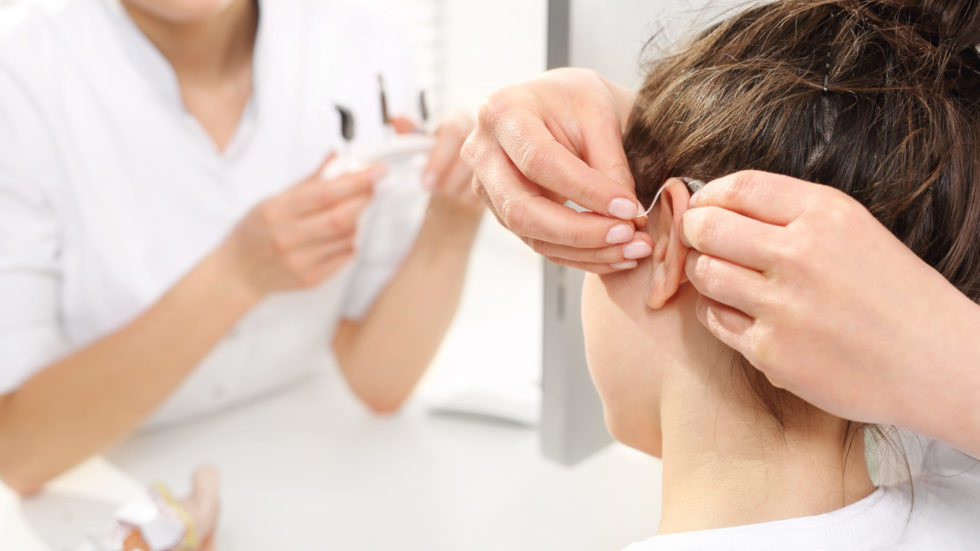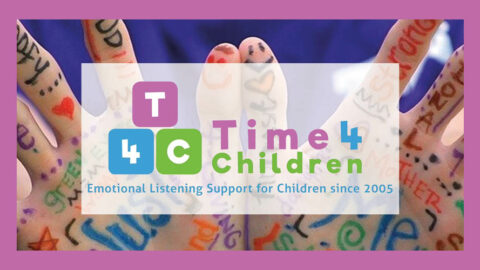Hearing Is Believing

Hearing Is Believing
This month between Monday, May 6 and Sunday, May 12, it is Deaf Awareness Week, organised by the charity, Action On Hearing Loss. Organisers hope that the awareness week will bring challenges associated with deafness to the front of more people’s minds. Among the challenges faced are difficulties in securing employment and a limited social life.
Hearing loss can be the result of many things, and as such the treatments offered to patients will depend on what is causing the loss. Sometimes it gets better on its own or can be treated with medicine or a simple procedure, for example, earwax can be softened with eardrops. If you or someone you know is having trouble hearing, get them to seek medical advice – see their GP or visit an audiology centre, which can be done without a referral from a doctor. An audiologist can investigate the true cause of the loss and give advice and treatment options to restore the lost hearing or at least improve what hearing there is.
Today, hearing aids are much smaller and less noticeable than they once were, they are also much more effective in aiding those with hearing loss. However, it is important to remember that hearing aids alone do not recreate perfect hearing, therefore look to help those in hearing need – ask how they prefer to communicate whether this is sign language, lip reading or a combination of the two, you can use body language to express yourself to supplement as is necessary, remember to be considerate of a deaf person’s needs, this is especially important if you find yourself in a group situation and most importantly, have patience, and be supportive.
Common Causes Of Hearing Loss
Sudden hearing loss in an ear may be due to earwax, an infection, or a perforated eardrum
Sudden hearing loss in both ears may be due to damage from a loud noise, or medication
Gradual hearing loss in one ear may be due to something inside the ear, such as fluid build-up
Gradual hearing loss in both ears is often caused by ageing or exposure to loud noises
Typical Treatments For Hearing Loss
Hearing Aids – Several different types are available on the NHS or privately
Implants – Devices which are fixed to the skull or placed inside the ear if hearing aids are not suitable
Positive Prevention Against Hearing Loss
Not having your television, radio or music on too loud is a simple but effective defence
Using headphones that block out more outside noise, instead of turning up the volume
Wearing ear protection such as ear defenders if you work in a noisy environment
Using ear protection at loud concerts and other events where there are high noise levels
Not inserting objects into your ears including fingers, cotton buds, cotton wool and tissues






